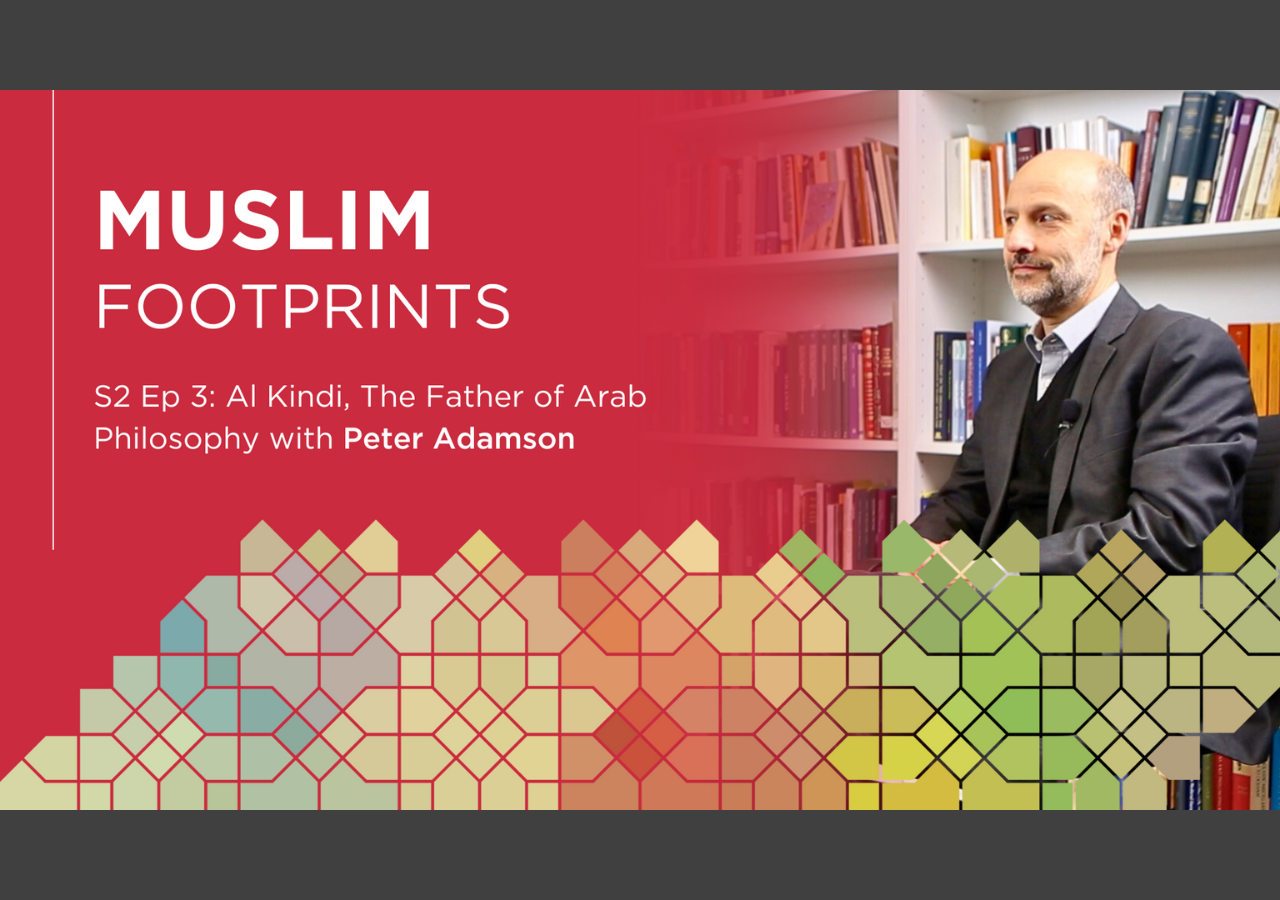Typically, we hear the story of philosophy starting with the ancient Greeks—Socrates, Plato, Aristotle—and then jumping straight to the Renaissance and Enlightenment thinkers like Thomas Aquinas. But what happened in between? Professor Adamson helps us fill in the gaps, illuminating the rich philosophical traditions that thrived in the Islamic world during this period.
In this episode, we discuss Al-Kindi, a polymath often referred to as the first Arab philosopher. Al-Kindi lived during the ninth century, when the Islamic world was a centre of knowledge, blending ideas from the Greeks, Persians, and Indians. While preserving ancient wisdom, Al-Kindi actively expanded upon it, weaving together theology, metaphysics, and ethics to lay the groundwork for future Muslim thinkers.
Professor Adamson walks us through Al-Kindi’s intellectual contributions and his unique approach of mixing philosophy and religion. We explore how his pioneering thought played a key role in shaping the trajectory of philosophy, influencing both the East and West. From the translation movements of Baghdad to his contributions to fields like optics and mathematics, Al-Kindi’s work contributed to the enduring exchange of ideas across cultures.
At the inauguration ceremony of the Aga Khan University in Karachi in 1985, Mawlana Hazar Imam said:
“The relationship between the intellect of man and Faith has always been of fundamental importance to Muslims. How can a modern University respect and reinforce that relationship?
The divine intellect Akl-e-kul’, both transcends and informs the human intellect. It is this intellect which enables man to strive towards two aims dedicated by the Faith: that he should reflect upon the environment Allah has given and that he should know himself. It is the light of intellect which distinguishes the complete human being from the human animal and developing that intellect requires free enquiry.
The man of Faith who fails to pursue intellectual search is likely to have only a limited comprehension of Allah’s creation. Indeed, it is man’s intellect that enables him to expand his vision of that creation.
Eleven hundred years ago, Al-Kindi wrote: “No one is diminished by the truth, rather does the truth ennoble all.”
I quote that great Muslim scientist and thinker because his words are as relevant to higher education today as they were during the first flowering of Islamic civilization.”
Tune in for an enlightening discussion that broadens our understanding of the intellectual search during Islam’s early spread, and the evolution of ideas that continues to shape the world today.
–
Listen to and watch episode 2 today on your favourite podcast platform.








